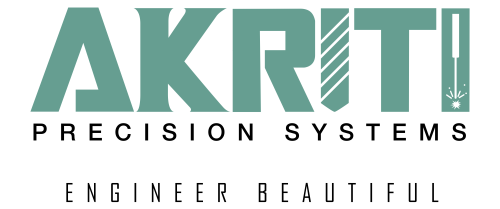A PCB CNC machine (Computer Numerical Control) is a specialized mechanical milling device used in the manufacturing of printed circuit boards (PCBs). Unlike traditional etching processes, which involve chemical reactions, PCB CNC machines use precise cutting tools called endmills to remove unwanted copper from the board’s substrate. This process creates intricate traces and patterns on the PCB, making it an essential tool for prototyping and custom PCB production.
How Does PCB Milling Work?
- Design and Setup: First, engineers create a design for the PCB using software. The PCB blank is fixed to a movable bed, allowing precise positioning in the X and Y axes.
- Copper Clearing: The CNC mill uses a rotating endmill to remove material from the copper layer. This process creates conductive tracks, traces, and holes.
- Drilling and Tracing: The endmill drills holes and follows the design to create intricate patterns. It can isolate different copper layers in multilayer PCBs.
- Finishing: After milling, the PCB undergoes finishing steps to ensure its functionality and conductivity.
Advantages of PCB Milling
- Rapid Prototyping: PCB milling allows quick prototyping, eliminating the need to wait for external fabrication facilities1.
- Precision and Flexibility: CNC machines offer greater control and flexibility compared to traditional etching methods.
- Complex Features: CNC milling can fabricate complex 2.5D and 3D features that are challenging with other techniques2.
Examples: CXC3 Meteor & CXC3 PCBPrecision Pro
- CXC3 Meteor (General Purpose):
- Ideal for rapid prototyping and hobbyist projects.
- Precise endmills create intricate designs on single-layer PCBs.
- Cost-effective and efficient for small-scale production.
- CXC3 PCBPrecision Pro (Specialized):
- Designed for professional manufacturing.
- High-speed spindle motor for precision.
- Pneumatic Quick Tool change system, lowering processing time.
Applications of PCB CNC Machines
- Electronics Industry: PCBs for consumer electronics, automotive systems, and IoT devices.
- Technical Education: Used in labs and workshops to teach PCB fabrication.
- Research and Development: Prototyping new electronic designs.
In summary, PCB CNC machines revolutionize PCB production by offering speed, precision, and versatility. Whether you’re a hobbyist or a professional, these machines play a vital role in shaping our connected world.

